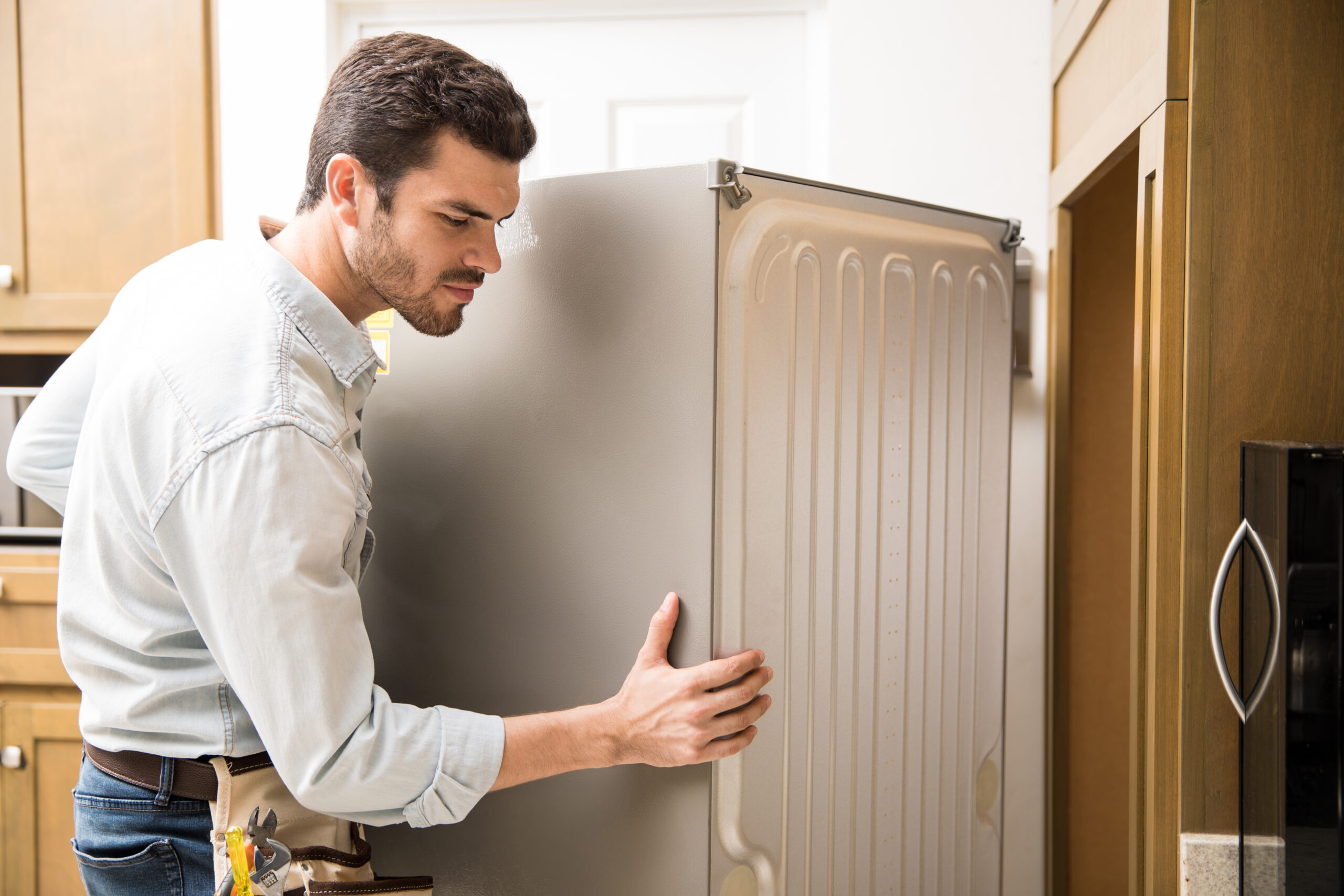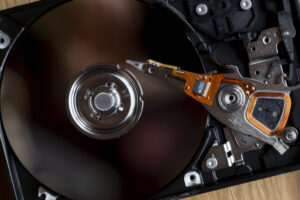Disposing of an old refrigerator isn’t as simple as hauling it to the curb. These appliances contain components that can be harmful to the environment if not handled correctly. In New Jersey, responsible refrigerator recycling is not only a matter of environmental ethics but also a crucial step in conserving energy and complying with local waste regulations.
Old refrigerators often contain refrigerants and insulating foams that can release greenhouse gases if not properly extracted.
Moreover, they are composed of recyclable materials like metal, plastic, and glass that can be reused instead of ending up in a landfill.
Understanding NJ Refrigerator Recycling Options
Local Municipal Programs
Many towns and counties across New Jersey offer bulk waste pickup or special appliance recycling days. These services may include curbside pickup or designated drop-off locations for residents. Always contact your local Department of Public Works to understand the procedures and schedule.
Retailer Take-Back Programs
When purchasing a new refrigerator, many appliance retailers will offer to haul away your old unit. Retailers like Lowe’s, Home Depot, and Best Buy often have haul-away options when you buy a new appliance. This can be one of the easiest methods for NJ fridge recycling.
Licensed Recycling Companies
For businesses or residents looking for dependable and environmentally responsible disposal, licensed recycling companies like EACR Inc. provide comprehensive refrigerator disposal NJ services. They ensure all materials are removed safely and that reusable materials are processed properly.
The Environmental Impact of Improper Refrigerator Disposal
Improperly disposed refrigerators can leak refrigerants like CFCs and HCFCs into the atmosphere. These substances contribute significantly to ozone depletion and climate change. Even foams used in insulation contain similar harmful chemicals.
Additionally, large appliances occupy significant space in landfills and contain metals and plastics that could otherwise be reclaimed. Recycling these materials reduces the need for mining and refining new raw resources, which in turn saves energy and lowers greenhouse gas emissions.
Step-by-Step Guide to Responsible Appliance Recycling in New Jersey
To recycle your refrigerator responsibly in New Jersey, start by scheduling an electronics recycling pickup or drop-off with your local waste management service or a licensed recycling company like EACR Inc. Once you’ve arranged the logistics, unplug the refrigerator, empty it of all food and removable shelves, and secure the doors with tape. Be sure to verify that the recycler you choose is properly licensed for appliance recycling in New Jersey. After the appliance is collected, try to obtain a receipt or confirmation that it was recycled—this helps with record-keeping and ensures proper handling. Finally, spread awareness by sharing your experience and educating others about the benefits and ease of refrigerator recycling in NJ.
Benefits of Choosing Licensed Recyclers like EACR Inc.
Partnering with a licensed recycler guarantees that your appliance will be handled according to environmental best practices. EACR Inc’s NJ refrigerator recycling program serves residential, commercial, and municipal clients alike.
With over two decades of experience, EACR Inc. ensures not just compliance but also peace of mind. Their process includes secure collection and transport, environmentally friendly recycling, full reporting for clients, and customer service that answers your recycling questions.
Appliance Recycling in New Jersey: What Can Be Recycled?
Aside from refrigerators, many household and office appliances can be responsibly recycled, including freezers, air conditioners, washers and dryers, dishwashers, and microwaves. Check with your local recycler to see which items are accepted. EACR Inc., for example, offers detailed guidance on what can and cannot be included in your pickup or drop-off.
Tips for Maximizing the Recycling Process
Remove Personal Items and Food
It sounds obvious, but be sure your fridge is completely cleaned out before recycling. This ensures the unit can be handled safely and prevents contamination of recyclable materials.
Bundle Appliances if Possible
If you’re disposing of more than one appliance, try to schedule everything together. Many services offer discounts for multiple items, and bundling helps minimize transport emissions.
Educate Others
Whether it’s a neighbor, a business partner, or your social media followers, spreading the word about NJ fridge recycling helps boost community participation and keeps harmful materials out of landfills.
Why Choose EACR Inc. for NJ Refrigerator Recycling
With a facility located in Lakewood, EACR Inc. is strategically positioned to serve communities throughout New Jersey. Their team brings years of expertise, a customer-focused approach, and a commitment to eco-friendly practices.
From one-time residential pickups to large-scale business appliance cleanouts, EACR Inc. tailors its services to fit your needs. They offer convenient scheduling, transparent pricing, and detailed recycling reports—everything you need to ensure your appliance recycling is as effective as possible.
Conclusion
Refrigerator recycling in New Jersey is more than a responsible choice—it’s a necessary one. By opting for professional and licensed services like those provided by EACR Inc., you’re helping reduce environmental harm, conserve resources, and promote a more sustainable future.
Whether you’re a homeowner upgrading your kitchen or a business managing multiple units, choosing proper refrigerator disposal NJ services ensures compliance, safety, and environmental stewardship. Make the smart move today—choose licensed recycling for your appliances.





